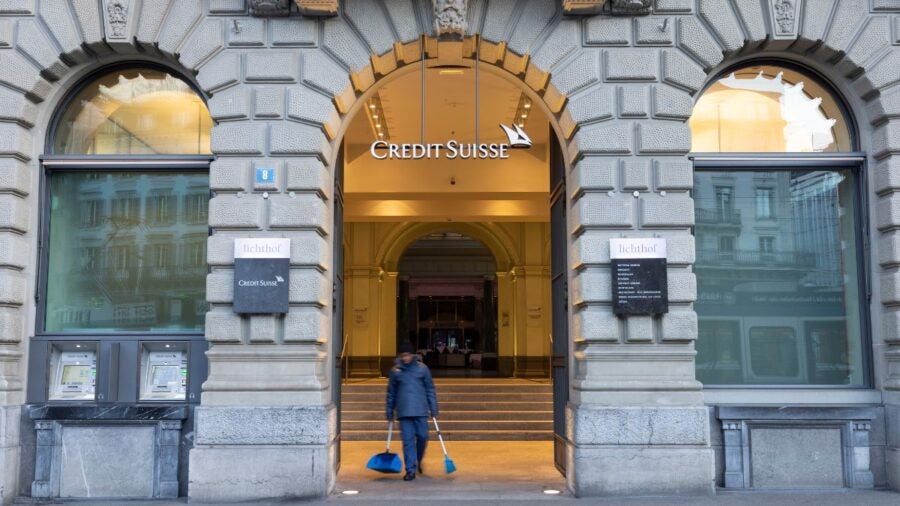
High: happy, healthy hybrid workers
Hybrid workers are fitter, happier and more productive. That’s the main takeaway from a new study conducted by workspace provider IWG, which says the shift to hybrid-working setups has allowed people more time to take up healthier habits.
The poll of 2,000 people found that the average hybrid worker is committing to 1.3 hours more exercise a week and is getting an extra 71 hours of sleep a year, compared to their pre-pandemic routines. The majority (54%) are also using the additional time at home to cook more nutritious midweek meals.
IWG chief executive Mark Dixon believes the figures confirm that hybrid working is “building and maintaining a healthier and happier workforce by reducing the need for long daily commutes”.
Crucially for businesses, the results are also paying off when it comes to the bottom line. In terms of productivity, 79% of the hybrid workers interviewed say they are more productive as a result of experiencing less work-related stress.
With data from the Office for National statistics showing that around 40% of UK working adults complete at least some of their weekly work duties from the comfort of their own home, it suggests close to half the working population could now be feeling better and, therefore, working better. The key for businesses is to ensure they can keep this going as the economy moves on from the pandemic.
Low: global banking system faces new challenges

This week has been bookended by two major banking crises. The first saw the US-based Silicon Valley Bank (SVB) – an important lender in the tech sector – collapse after a spike in withdrawals left it with a $2bn (£1.7bn) hole in its finances. The bank was taken over by US regulators on Friday, while the UK branch was bought by HSBC for £1.
The collapse of SVB, which was the 16th biggest lender in the US in 2022, is the largest bank failure since the 2008 financial crisis. The event caused a ripple effect across global markets, leading to the FTSE 100 falling 2.58% on Monday, its biggest single-day drop since July.
Then, on Tuesday (14 March), the Swiss lender Credit Suisse warned of “material weaknesses” in its financial reporting controls after reporting its biggest annual loss since 2008 last month. The fallout on Wednesday led to its share price tumbling 30% as Saudi National Bank (SNB), Credit Suisse’s largest shareholder, said it wouldn’t provide further financial help (in part because it does not want to take its shareholding over 10%). Once again, the FTSE 100 received a ricocheting blow as £75bn was wiped from the blue-chip index.
SNB chairman Ammar Al Khudairy has since played down the market turmoil as “a little bit of panic” and Credit Suisse’s share price has recovered some of its losses after a £44bn cash injection from the Swiss National Bank.
Although the collapse of SVB and Credit Suisse’s bailout are not directly linked, they point to wider instability in the financial sector as investors become increasingly nervy. The two events are only adding to a climate of fear that could threaten to tip into a global financial crisis, similar to 2008.
It serves as a pertinent reminder of the fragile nature of the global financial system and that, while the UK may have narrowly avoided a recession so far this year, we are not out of the woods yet.
Chart of the week: boardroom boost for ethnic diversity
Almost all the UK’s 100 largest listed companies have at least one ethnic minority director, according to an update from the Parker review, which was set up to improve diversity in British boardrooms.
Ninety-six have at least one director from an ethnic minority background, up from 89 a year earlier, with 49 of those having more than one. David Taylor, chair of the review committee, says this means the FTSE 100 has “effectively” reached its target of all firms having ethnic minority representation, albeit a year after originally scheduled.
However, there are still four companies that have all-white boardrooms. These are investment company F&C Investment Trust, Sports Direct-owner Fraser Group, student accommodation manager Unite Group and HomeServe, the home emergency repairs and improvement business that has since been delisted from the FTSE 100 after being sold to a Canadian investment group.
The picture is also less rosy across the rest of UK plc. Just 149 of the FTSE 250 report having ethnic minority representation on the board, equating to 67% of the 224 businesses that responded. It is an improvement on last year’s figure of 55%, but shows that there is still much more work to do (although the review gave the FTSE 250 until 2024 to hits its target).
There also remains an issue at executive leadership level. The number of ethnic minorities occupying the top executive roles of CEO, CFO and chair are much less prevalent across the FTSE 350 than those in non-executive director positions. For example, just seven people from ethnic minority backgrounds hold the role of chief executive at FTSE 100 companies.
In order to build on the progress that has been made, the committee is encouraging companies to set their own targets for the percentage of senior management positions that will be occupied by ethnic minority executives.
But whether voluntary targets will be sufficient remains to be seen. Businesses must continue to challenge themselves and ensure those from ethnic minority communities are given equal opportunities at a senior management level.

High: happy, healthy hybrid workers
Hybrid workers are fitter, happier and more productive. That's the main takeaway from a new study conducted by workspace provider IWG, which says the shift to hybrid-working setups has allowed people more time to take up healthier habits.
The poll of 2,000 people found that the average hybrid worker is committing to 1.3 hours more exercise a week and is getting an extra 71 hours of sleep a year, compared to their pre-pandemic routines. The majority (54%) are also using the additional time at home to cook more nutritious midweek meals.

